Speakers
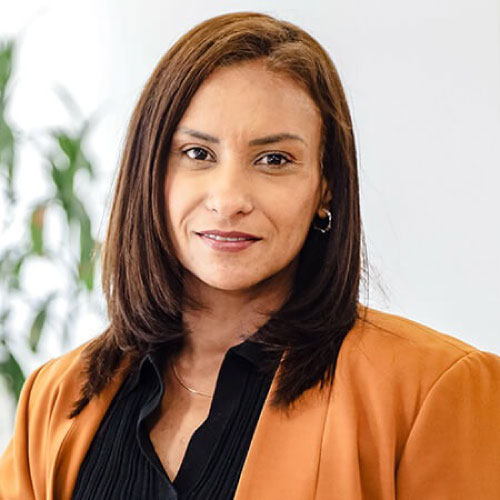
Adele Barnard
Clinical Research Director, Nutromics
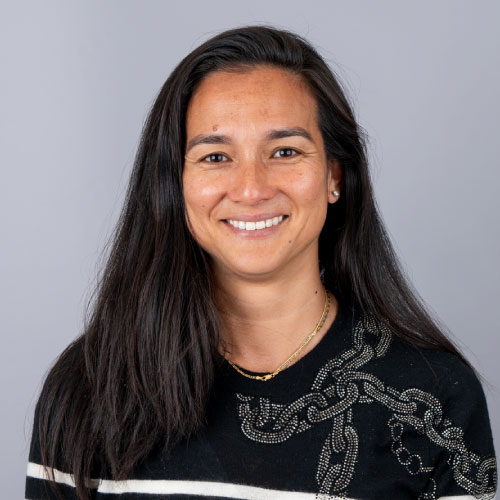
Alexandra Brassert
Senior Manager, Concussion Clinic, Murdoch Children’s Research Institute
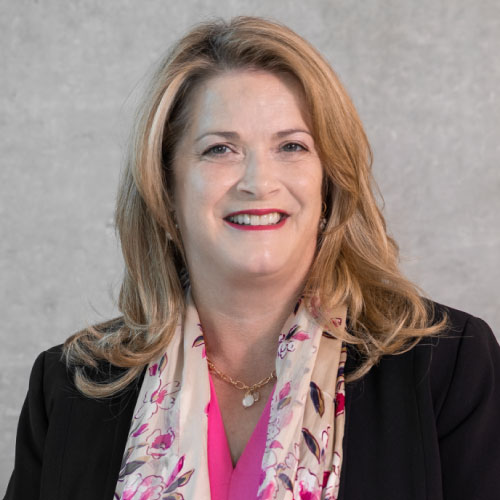
Michelle Burke
Chair, Cell Therapies Pty Ltd
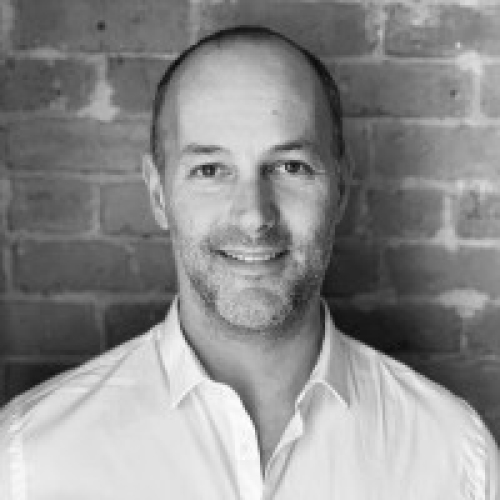
Adam Caplan
Founder and General Partner, Jumpspace Ventures
Jumspace Ventures is a New York based venture capital firm focused on breakthrough innovations in neuroscience and human-machine interfaces. The firm invests in early-stage companies advancing brain-computer interfaces, neuromodulation and neural diagnostics.
Adam is also a Co-Founder at Artisan Council, a digital marketing agency, as well as a Co-Founder and Board Member at Facteus, a provider of consumer transaction data to hedge funds.
Earlier in his career, Adam co-founded ID8 Investments, a diversified venture capital firm, as well as Super Rewards, a monetization solution for social network games which was acquired by Adknowledge in 2009. Before that, he worked as an investment banker with Morgan Stanley for eleven years, focusing on the emerging Internet and new media sectors.

Professor Mark Cook
The Sir John Eccles Chair of Medicine and Director of Clinical Neurosciences, St. Vincent’s Hospital
Mark Cook is Professor of Biomedical Engineering and Sir John Eccles Chair of Medicine, University of Melbourne, and Director of Neurology at St. Vincent’s Hospital Melbourne. He is a neurologist recognised internationally for his expertise in epilepsy management, particularly imaging and surgical planning. In 2023 he was named an Officer in the General Division of the Order of Australia (AO) for distinguished service to neurological medicine and research through contributions to the treatment of epilepsy. He has worked closely with engineers for most of his career, developing novel therapies for epilepsy. His interests have included experimental models of epilepsy and seizure prediction, and he has led 3 first in human clinical studies of epilepsy devices, and is involved in the commercialisation of an implantable seizure detection device – Epiminder – that received FDA approval in May 2025.
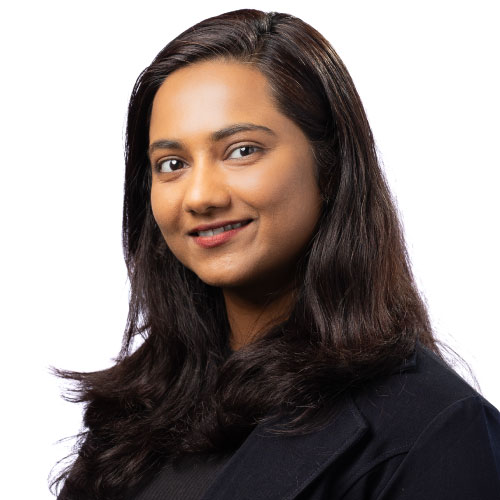
Ruwini Cooray
Founder and Chief Executive Officer, Neurogen
Ruwini is the Founder and Chief Executive Officer of Neurogen Global Pty Ltd (Neurogen), a BioTech/NeuroTech startup developing an advanced biological brain implant designed to repair cortical atrophy: a primary pathological feature responsible for functional decline in neurodegenerative diseases. The implant aims to restore neuronal circuitry and improve cognitive and functional outcomes through a minimally invasive, tissue-based approach.
She also established Nova Intelligence Network, an interdisciplinary initiative dedicated to advancing the understanding of human intelligence by integrating neuroscience, genetics, and computational modelling. Through her combined academic and translational research, Ruwini seeks to bridge fundamental neurobiology with emerging neurotechnology to develop novel strategies for brain repair and cognitive enhancement.

Rachel de las Heras
CEO, Ceretas
Rachel was formerly the Ultrasound Product Development Manager at the Queensland Brain Institute (QBI), The University of Queensland. Under her leadership, she has overseen medical device development directed at establishing the safety of therapeutic ultrasound in Alzheimer’s disease through the successful completion of a first-in-human study.
Rachel has developed diagnostic medical devices whilst at Panbio (now Abbott formerly Alere) and Cellestis (now Qiagen). Most notably co-inventing and developing QuantiFERON Monitor, a diagnostic to improve the clinical management of transplant patients now marketed by Qiagen.
Rachel has commercialised research discoveries whilst at UniQuest and has also held several commercial and business development roles.
Since completing her PhD in molecular neuroscience, Rachel has worked in leadership positions across various scientific disciplines including biochemistry, organic chemistry and engineering.

Colin Denver
CEO, SMarT Minds Dx
As CEO of SpeeDx, Colin spearheaded the company’s entry into the infectious diseases
diagnostic market raising over $70 million, driving the development and commercialization of
molecular diagnostic products. Under Colin’s leadership, the company launched more than 15
new regulated products and secured strategic partnerships with major diagnostics companies like Labcorp and Cepheid which further propelled the company’s success on the global stage. In addition to scaling operations during pandemic lockdowns, Colin played a key role in navigating complex challenges while maintaining ISO13485 & MDSAP-certified Quality Management Systems.
In previous roles at Meridian Bioscience and Bioline, Colin led regional offices and built high-
performing teams across Asia-Pacific, growing market share and establishing the groundwork for new product launches in multiple global markets.
Colin is now leading SMarT Minds Dx, advancing the commercialisation of novel blood-based
biomarkers to enable earlier and more accurate detection of Alzheimer’s Disease pathology.
Colin holds a Bachelor of Science in Biology from Pepperdine University is actively involved in
community service as a Surf Life Saving patroller with Bilgola Surf Life Saving Club, where
Colin also serves as a Committee member.
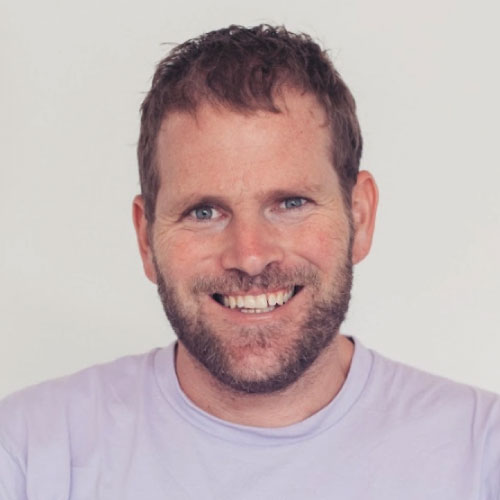
Simon Goodrich
Co-founder, Portable
Simon Goodrich is a design and innovation leader with over 20 years of experience at the intersection of human-centred design, digital transformation, and social impact. As Co-founder of Portable, Simon has played a pivotal role in shaping the company’s design practice—bringing together service design, technology, and policy to reimagine how the justice system, government, and health services operate.
Simon’s design leadership has seen Portable become an internationally recognised agency for access to justice innovation, responsible for developing products like amica, a tool that helps people separate without lawyers, and Hear Me Out, one of the world’s first AI-powered legal self-help platforms. He is passionate about designing for inclusion, and Portable’s commitment to trauma-informed, ethically grounded design.
Simon’s approach is grounded in co-design and systems thinking, consistently advocating for design as a strategic lever in tackling complex policy challenges. Through partnerships with institutions such as Webby Awards, Stanford Legal Design Lab, and the National Center for State Courts, Simon has positioned Portable as a global contributor to justice reform and civic innovation.
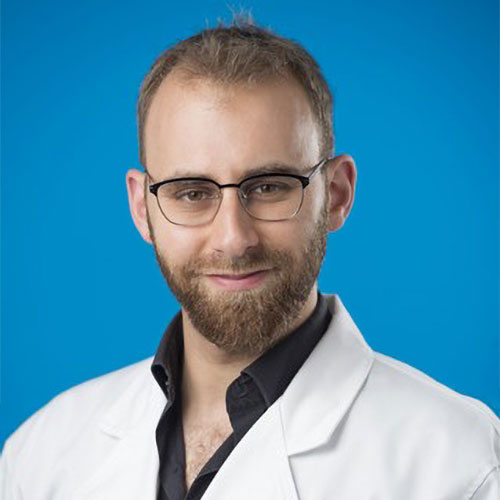
Dr Brett J. Kagan
Chief Scientific Officer & Chief Operations Officer, Cortical Labs
Intelligence, Organoid Intelligence, and Bioengineered Intelligence.
Dr Kagan has a PhD in neuroscience focusing on stem cell therapy and completed post-doctoral work in bioinformatics and regenerative medicine.
Cortical Labs is a multidisciplinary deep-tech startup looking at integrating hardware, software, and synthetic biology approaches to pioneer harnessing intelligence from brain cells on a chip.
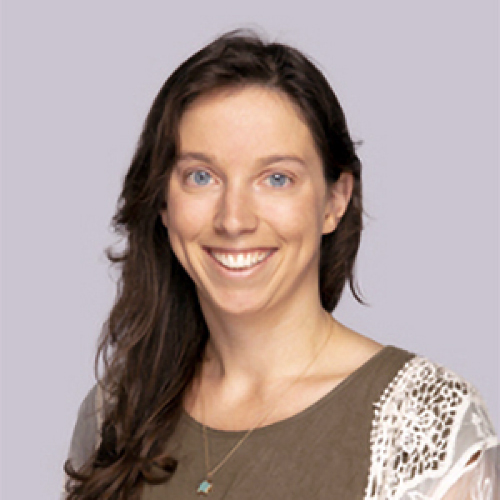
Philippa Jane Karoly
Senior Lecturer, Department of Biomedical Engineering, The University of Melbourne
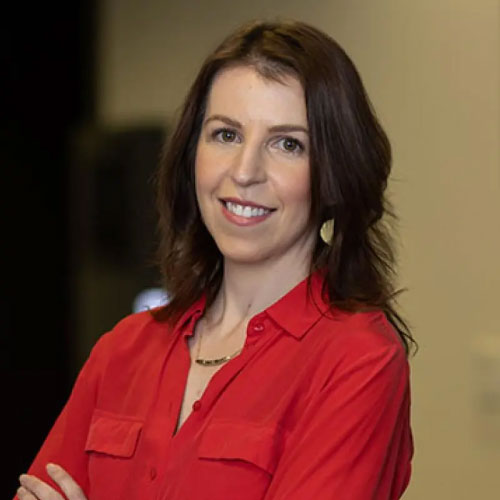
Dr Helen Macpherson
Senior Research Fellow, Institute for Physical Activity and Nutrition (IPAN), Deakin University
Dr Helen Macpherson is leading a program of dementia prevention research at Deakin University. Her work encompasses the identification and modification of health and lifestyle determinants of dementia risk, assessment of neurocognitive ageing and early detection of dementia and cognitive decline.
Dr Macpherson has received $4 million funding to support this research. She has expertise in the design and conduct of randomised controlled trials. Dr Macpherson also has experience working with large population-based data sets. She is currently supervising several PhD students using various neuroimaging techniques to study age-related changes in cognition. Drawing on her background in cognitive neuroscience and psychology, Dr Macpherson’s work is contributing to the important knowledge that dementia risk can be reduced by targeting health behaviours.
Dr Macpherson contributed to the development of Dementia Australia’s BrainTrack app, a pioneering tool designed for self-monitoring cognition, which has already reached 150,000 downloads.
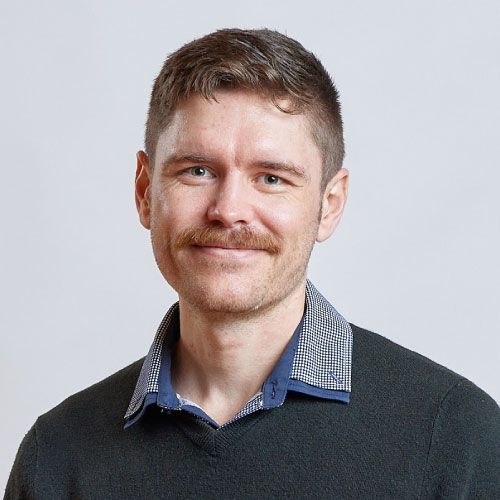
Tim Mahoney
CEO, Fluent
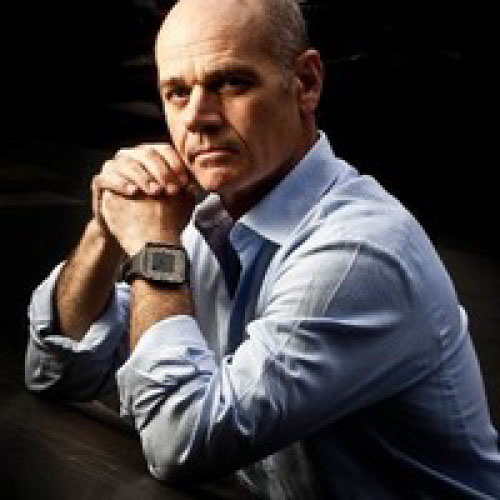
Andrew Maxwell
Chairman, Wavewise Analytics (Cyban)
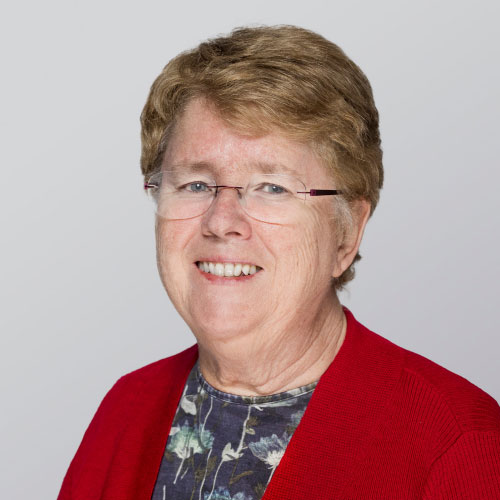
Professor Colette McKay
Founder, EarGenie®
In 2005, Colette became Chair of Hearing Science at Aston University (UK), where she established a new hearing research program and created the UK’s first undergraduate audiology course. From 2007 to 2013 she led the Audiology and Deafness Research Group at the University of Manchester, where she remains an Honorary Professor. Returning to Australia in 2013 as a veski Senior Innovation Fellow, she now focuses on objective cochlear-implant programming for infants, advancing functional near-infrared spectroscopy (fNIRS) as a tool to study cross-modal plasticity, and applying signal-processing techniques to next-generation deep-brain stimulation devices.
Colette is also the scientific founder of EarGenie®, an infant hearing-assessment system commercialised in 2025. Over more than a decade, her multidisciplinary team at the Bionics Institute – together with co-founders Julia Wunderlich, Gautam Balasubramanian and Darren Mao – developed the fNIRS-based technology to enable earlier, more accurate intervention for babies with hearing loss and language delay.
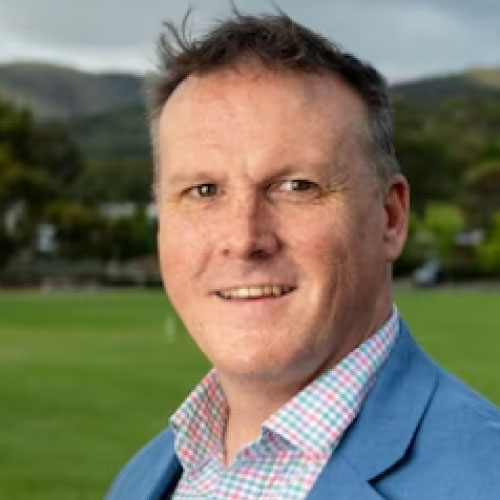
Associate Professor James McLoughlin
Co-founder and Chief Academic Officer, Your Brain Health
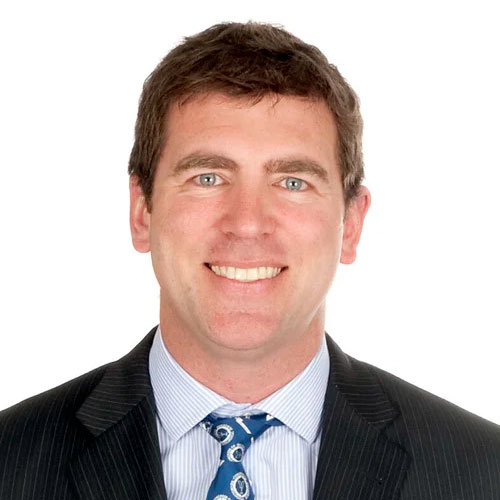
Andrew Morokoff
Neurosurgeon and Associate Professor, The University of Melbourne
University of Melbourne and the Brain Cancer Centre Australia. He trained in Melbourne and
his PhD is in the biology of glioma. He completed a neuro-oncology fellowship in 2006-2007
at Harvard University, Boston and Necker Hospital in Paris. His clinical interests are brain
tumour, acoustic neuromas, skull base surgery, epilepsy and his research focuses on liquid
biopsies for brain cancer, brain tumour associated epilepsy and novel brain-computer
interfaces. He was the neurosurgeon for the first-in-human clinical trials for NeuroVista,
Synchron and Epiminder and is an advisor to a number of innovative brain tech startups.

Harikesh Pushpapathan
General Partner, Stoic VC
Partner @ Stoic VC; an early stage venture fund solving our world’s most intractable problems by a) Redesigning human health b) supercharging compute c) rebalancing the earth. To do this, we partner with Uniseed – commercialisation body managing 65% of Australia R&D output. I currently sit on a few committees including Uniseed, Antler and NSW government’s Biosciences fund. Prior to this, I spent a few years investing personally, at other funds, fundraising for startups and building my own telehealth business. When I’m not investing or recovering from sporting injuries, I love to write – both in music and blogs.
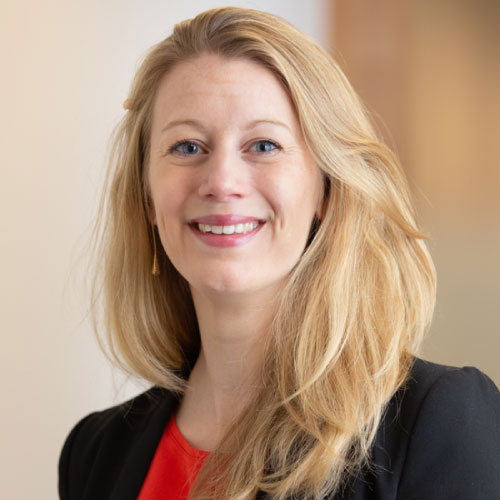
Professor Lianne Schmaal
Head of the Mood and Anxiety Disorders Research program, Orygen, The University of Melbourne
A key focus of her research is on understanding the mechanisms underlying the onset and course trajectories of depression, anxiety and suicidal thoughts and behaviours and their response to treatment. It also identifies who is at risk for poor long-term outcomes.
Her team integrates clinical, psychosocial, neurobiological and genetic data using machine learning methods to develop prediction models for illness onset and progression, treatment response and suicide attempts. This work also identifies subgroups of people within and across these disorders who have unique symptoms or biological profiles.
Lianne also leads the two largest neuroimaging consortia on depression and suicidal behaviours worldwide, the ENIGMA Major Depressive Disorder and the ENIGMA Suicidal Thoughts and Behaviours consortia. These international consortia pool neuroimaging and clinical data from more than 50,000 people from approximately 50 research institutes in 16 different countries worldwide.
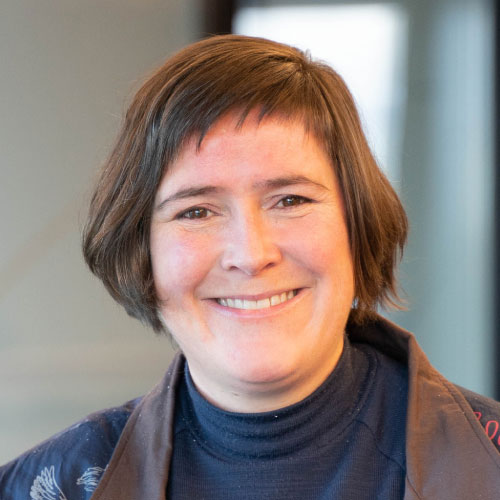
Camille Shanahan
General Manager, Jumar Bioincubator
development. She leads the Jumar Bioincubator team, maintains connections with all
residents and across the ecosystem and curates the events and programs to create a culture of
innovation and acceleration – driving Jumar’s contribution to the broader medtech and
pharmaceutical ecosystem in Australia.
Camille has experience across clinical, scientific, business development and commercialisation
roles in the biopharma sector, working in Australia and Canada. She has built on her
academic medical research experience to facilitate the translation of Australia’s world class
research into clinical solutions. Camille has a strong track record in managing projects in early
stage translational, STEM infrastructure and health policy. Prior to joining Jumar Bio Camille
held life sciences consulting and business development roles developing strong ties with
biotech companies at all stages of product development and with key peak bodies including
Ausbiotech, MTPConnect and BioMelbourne Network.
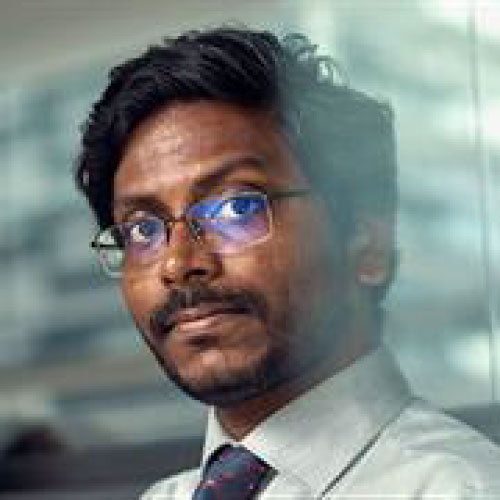
Dr Avinash Singh
Senior Lecturer, School of Computer Science, University of Technology Sydney
Dr Singh completed his PhD in Computer Science in 2019 at UTS, Australia, collaborating with the Technical University of Berlin, Germany, the University of California San Diego, USA and the US Army Research Lab. Before earning his doctorate, he received a Master’s in Software Systems in 2013 from Birla Institute of Technology and Science Pilani, India.
Working at the intersection of machine learning, cognitive neuroscience, and mixed-reality, Dr. Singh is dedicated to designing and developing real-world neuroadaptive BCI systems. His current research interests include integrating artificial intelligence (AI) technologies with cognitive neuroscience knowledge to explore cognitive functions, discover relationships between brain dynamics, evaluate everyday interactions and make decisions to develop robust next-generation neuroadaptive BCIs.
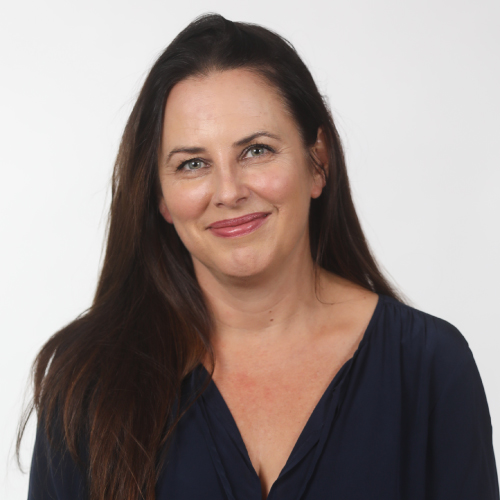
Rachel Slattery
Director, Slatterys
Rachel Slattery, with the help of her team, creates and nourishes communities of curious minds around frontier tech and better ways of working. She is recognised for founding iconic gatherings such as Tech23 and Agile Australia, which have helped shape Australia’s innovation and technology landscape. Passionate about helping increase our healthspans, Rachel has recently launched Silver Futures – a new initiative rethinking how we approach the second half of our lives to ensure longer, healthier, and more fulfilling futures.
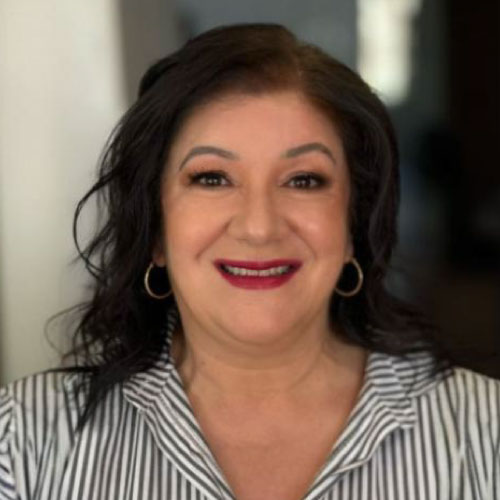
A/Prof Tina Soulis, Ph.D.
Founder and Director, Alithia Life Sciences
Dr. Soulis earned her Ph.D. in Medicine from the University of Melbourne, where her research focused on the role of advanced glycation end products in diabetic complications. She also holds a B.Sc. in Biochemistry and Medicine. Throughout her career, she has held executive roles including CEO of Neuroscience Trials Australia—where she grew the business by 39% annually and Director of Clinical Development for an ASX200 biotech company, where she led programs from lab through global regulatory approval.
A clinical trial expert across therapeutic areas including neuroscience, oncology, endocrinology, rare and pediatric diseases, and medical devices, Dr. Soulis has built Alithia into a bespoke, high-integrity CRO known for zero staff turnover and seamless global execution. She is one of the few Australian leaders to have successfully taken multiple products from preclinical research to licensing and commercialization.
An advocate for the Australian R&D ecosystem, Dr. Soulis holds academic appointments at the University of Melbourne and serves as a mentor to emerging industry professionals. She is a sought-after global speaker on clinical strategy, innovation, and research-commercialization pathways—combining scientific rigor with entrepreneurial vision to deliver lasting impact in healthcare.
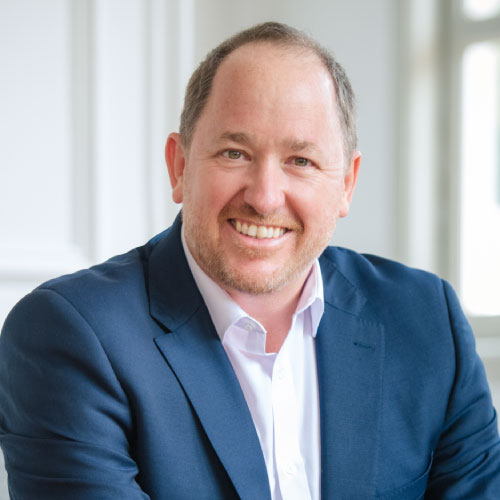
Jeremy Steele
CEO, Control Bionics
Under his leadership, the company has expanded its portfolio beyond its flagship NeuroNode sEMG device – an FDA-cleared, Class II device that transforms tiny neural signals into communication – to include NeuroStrip, a next-generation wearable EMG platform, and NeuroBounce, a performance-based program enhancing athletic explosiveness and recovery.
Jeremy brings over two decades of executive leadership experience across healthcare, technology, and growth-stage companies. He is passionate about bridging science, technology, and human potential – whether by giving a voice to people living with conditions such as cerebral palsy and ALS/MND, or by unlocking new ways to measure and improve human performance.
Guided by a mission to put neurotechnology in the hands of those who need it most, Jeremy continues to lead Control Bionics in forging partnerships with clinicians, researchers, sports organisations, and investors worldwide.
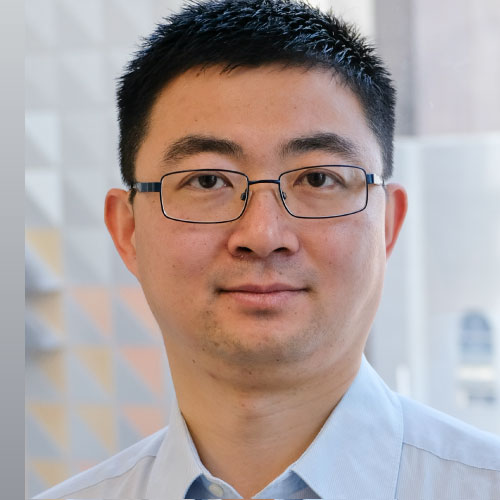
Dr Qiang Sun
Research Fellow, Department of Physics, RMIT University
Qiang led the computational research for the Critical Technologies Challenge Program project “Scanning the Brain on the Move,” which aims to create next-generation portable MEG systems for healthcare and rural applications. His work combines high-performance computation, physics, and sensor engineering to bridge the gap between laboratory research and clinical practice.
Through collaborations across Australia, the United States, Europe, and Asia, Qiang has advanced methods in electromagnetic simulation, nanoscale sensing, and brain imaging. He works closely with partners including Swinburne University of Technology and Phasor Innovation.
He is passionate about translating quantum and computational physics into practical tools that improve human health and deepen our understanding of the brain.
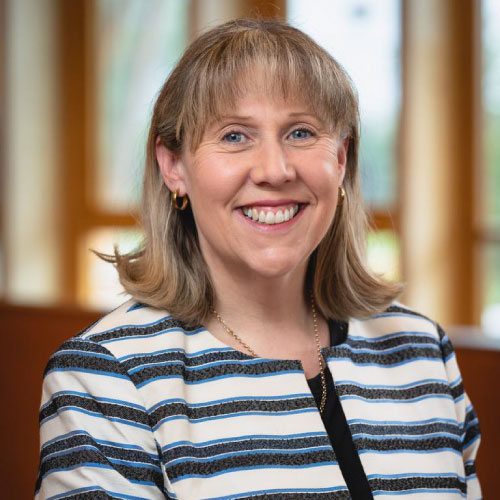
Dr Kathryn Sunn
CEO, Celosia Therapeutics and Director of Commercialisation, Macquarie University
Dr. Sunn is renowned for her dynamic leadership and strategic vision in fostering technology collaborations and expanding commercial opportunities within the Australian research and early enterprise sectors. With extensive experience in intellectual property management, strategy, and business development, Dr. Sunn has held roles in two of Australia’s leading patent firms and has spearheaded the technology transfer units at the Australia’s largest universities. Her expertise lies in forging impactful strategic partnerships and delivering commercially focused advice to transform innovations into valuable assets.
Dr. Sunn holds a PhD in Medical Science with a specialisation in genetics from the Garvan Institute of Medical Research. She is a trained patent and trademark attorney in Australia and New Zealand. serving She is on the Board of Knowledge Commercialisation Australasia as well as on the boards of several Macquarie University startup companies.

Professor Cassandra Szoeke
Lead, Women’s Healthy Ageing Program, Monash Centre for Health Research
Cassandra is is the Inaugural Chair of the Asia-Pacific Node of the Women’s Brain Project. She has contributed to the development of national health policies, has sat on the Council of the Australian Medical Association, was appointed to Medical Panels by the Department of Health (Victoria) and has held Chief Health Advisor roles for the Australian Healthy Ageing Organisation and the National Council of Women.
TeamSlatts who is convening BrainTech 2025 acknowledges the Traditional Owners of the Countries on which we gather for our events. We recognise the sovereignty, knowledge and community of First Peoples and pay our respects to the Ancestors and Elders who pave the way for future Leaders.
We walk with great reverence on the various places TeamSlatts live, work and visit. Always was, always will be.